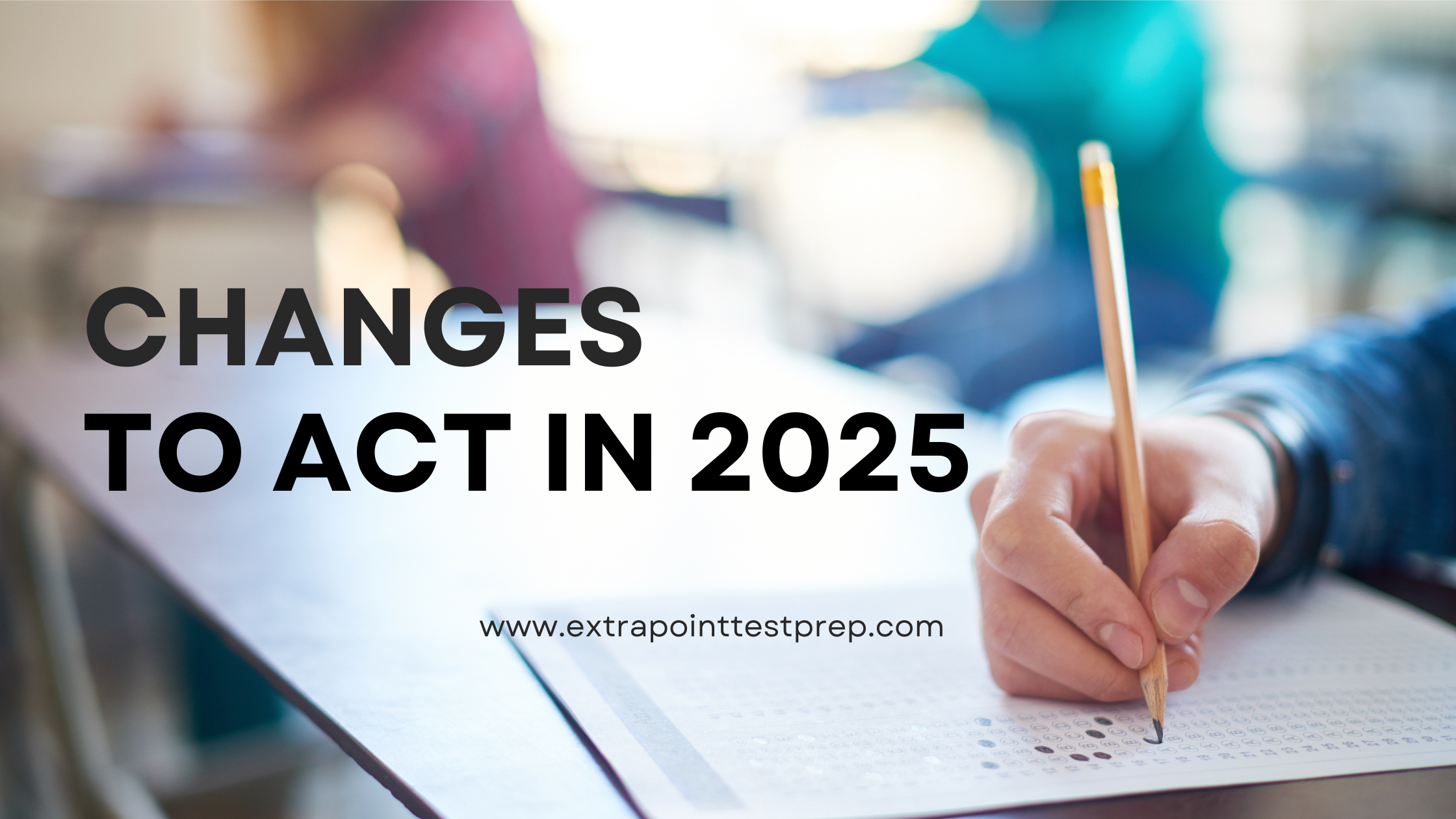The ACT is set to undergo significant changes in 2025 to better align with the evolving educational landscape and to provide a more comprehensive assessment of student readiness for college. Whether you’re a student preparing for the test or an educator guiding your students, understanding these updates is crucial. Here’s a detailed look at the key changes coming to the ACT in 2025.
1. More Options
English, reading, and math will remain as the core sections of the ACT test that will result in a college-reportable score. The Composite score will be the average of the English, reading, and math scores and continue to be reported on the same 1-36 scale. The writing and science sections are both optional. Students can choose to take the ACT, the ACT plus science, the ACT plus writing, or the ACT plus science and writing.
2. A Shorter Test
- The entire length of the test will be reduced – the core test will take two hours to complete.
- The Math section will include more advanced topics, such as statistics and data science. There will be a greater emphasis on applied math problems that reflect real-world scenarios.
- The English and Reading sections will feature more diverse and contemporary texts, including digital and multimedia sources. There will be a stronger emphasis on analyzing arguments and synthesizing information from multiple sources.
- Math: 45 questions – 50 minutes
- Reading: 36 questions – 40 minutes
- English: 50 questions – 35 minutes
3. Optional Writing Section Changes
- The optional Writing section will now include prompts that require students to write argumentative essays based on real-world scenarios.
- Students will be assessed on their ability to construct coherent, well-supported arguments and to engage with complex issues.
4. Introduction of Adaptive Testing
- The ACT will introduce adaptive testing for the first time. This means that the difficulty of questions will adjust based on the test-taker’s performance.
- Adaptive testing will be implemented in a phased manner, starting with pilot programs in select test centers.
5. Enhanced Accessibility Features
- The ACT will incorporate more accessibility features to accommodate students with diverse needs, including those with disabilities.
- This includes expanded options for extended time, alternate formats, and assistive technology.
6. Utilize Updated Prep Materials:
- Ensure that you are using the latest ACT prep books and online resources that reflect the 2025 changes.
- Consider enrolling in prep courses or working with tutors who are knowledgeable about the new test format.
Conclusion
The changes to the ACT in 2025 are designed to provide a more comprehensive and relevant assessment of student readiness for college. By understanding these updates and adjusting your preparation strategies accordingly, you can approach the test with confidence and maximize your potential for success. Stay informed, stay adaptable, and embrace the opportunity to showcase your critical thinking and problem-solving abilities on the new ACT. Good luck!



